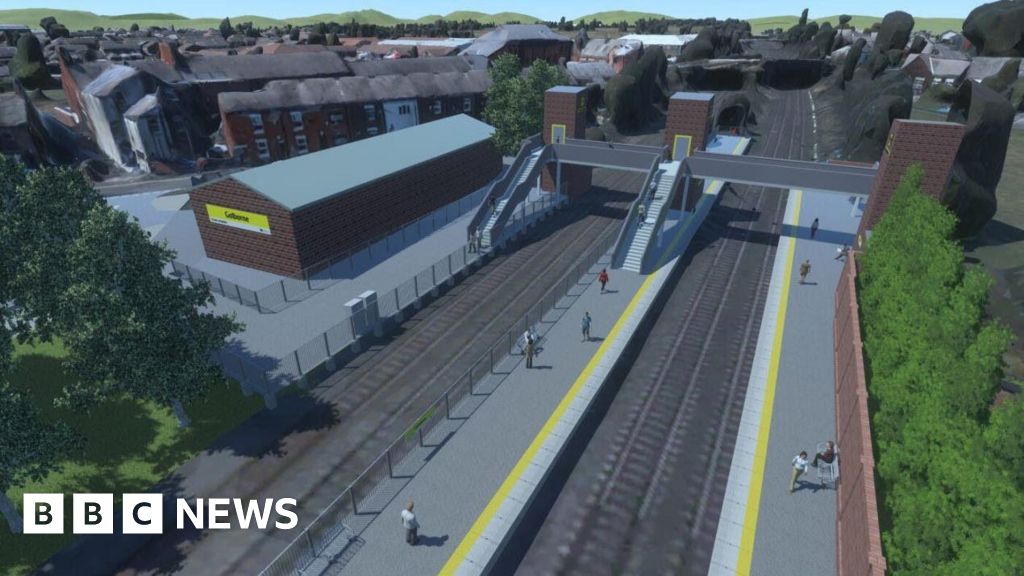Inflation has rebounded back above the Bank of England’s 2 per cent target, driving up the cost of living at an accelerated rate.
Having hit a 41-year high of 11.1 per cent in 2022, consumer price inflation (CPI) had dropped to a three year low of 1.7 per cent in September.
But the latest Office for National Statistics data, published on Wednesday morning, showed inflation has risen once again in October to hit 2.3 per cent.
The Bank of England seeks to control inflation – the speed at which the cost of goods and services are rising – by raising and lowering the cost of borrowing via its base interest rate, impacting mortgage-holders and other borrowers.
The rise is greater than the 0.5 per cent hike economists at the Bank of England had forecast. The rise was due to energy bill hikes, after Ofgem’s price cap was raised by around 10 per cent to £1,717 for an average household.
In its latest projections, issued earlier this month, the central bank said it expected inflation to rise slightly next year to hit 2.75 per cent, before falling back below its 2 per cent target.
The central bank cut interest rates in August for the first time in more than four years, lowering them to 5 per cent from an 11-year high of 5.25 per cent, followed by a further cut this month.
More cuts are expected in the months ahead, to the relief of homeowners contending with large mortgage hikes. But significant unforeseen future increases in inflation could put some pressure on hopes that policymakers at the central bank will continue to cut interest rates.
Economists at Pantheon Macroeconomics had also suggested that a predicted rebound in air fares would contribute to a higher rate of inflation in October – but that these would be slightly offset by a fall in motor fuel prices and an easing in food inflation.
More follows on this breaking news story…



